Anthony Burns was a slave in his early twenties who had been hired out by his master to a man in Richmond. His duties often took him to the city docks where freighters busily filled their holds with cargo for delivery to distant ports, this provided the slaves with a great chance for escape. In the early part of February 1854, a friendly sailor helped Burns stow away on one of the ships. The following day the slave, hidden in the small space in the bowels of the vessel, sailed down the river on a journey to have a different life. Four weeks later the ship docked in Boston and Burns walked into his new life. However, his freedom didn’t last long.
Unfortunately for Burns, four years earlier Congress had passed the Fugitive Slave Act as part of the Compromise of 1850 that balanced the admission of new Slave and Free States to the Union. The Act required all US citizens to assist in returning to their owners escaped slaves who sought freedom in a Free State. Not long after his arrival, Anthony’s owner was in Boston looking for him as were a number of slave hunters motivated by the promise of a reward for the slave’s capture.
May 24, 1854, Anthony was caught by a slave hunter, and taken into custody. He then had to go before a court to find out his fate. The citizens of Boston were angry. An angry mob stormed the court house in attempt to free Burns, but they were not successful. Some people even tried to purchase him from his master, but that too was unsuccessful. Nine days after Anthony’s capture the court rendered its verdict. He would be taken back to Virginia and a life of slavery the next day. The authorities now had a problem. The prisoner would have to be transported to his ship through the streets of Boston where an angry crowd might try to take matters into their own hands and set him free.
The trip from the court house was a great concern. It seemed the whole city was watching and concentrated upon Burns trip back down south. In vain the military and police had attempted to clear the streets; the carriage-way alone was kept vacant. On the sidewalks in Court and State streets, every available spot was occupied; all the passages, windows, and balconies, from basement to attic, overflowed with gazers, while the roofs of the buildings were black with human beings.
A few months after Burns return to slavery his freedom was bought by a group of Northern supporters for $1,300 (approximately $28,000 in today’s money). Burns returned to Boston a free man. He later was awarded a scholarship to attend Oberlin College.
source:
http://www.pbs.org/wgbh/aia/part4/4p2915.html






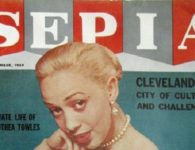

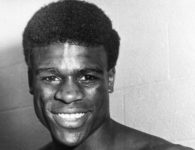
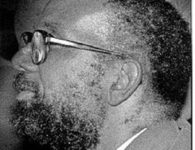
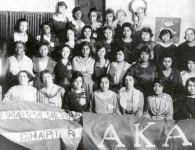

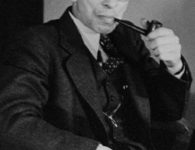
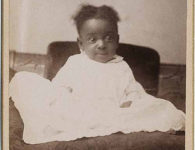
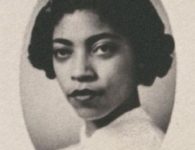


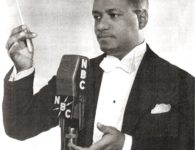


2 Comments
I really enjoy examining on this internet site , it has got great posts .
Thanks for the guidelines you have discussed here. Another thing I would like to mention is that computer memory demands generally go up along with other developments in the engineering. For instance, as soon as new generations of processors are introduced to the market, there is usually a related increase in the size and style demands of both pc memory and also hard drive room. This is because the program operated by these processors will inevitably surge in power to leverage the new technology.